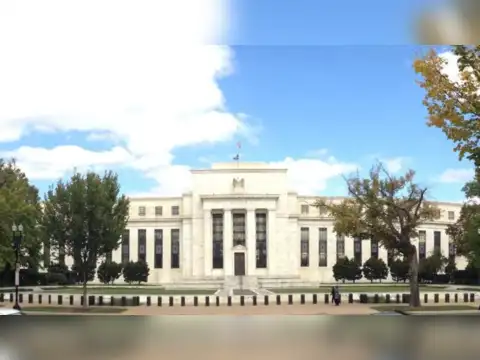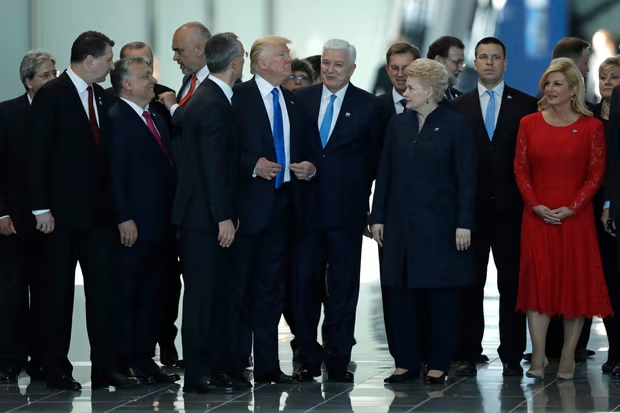“Turning the Page: MPSC Adopts Descriptive Exam Pattern for 2025 Amid Controversy”

Several students, however, claim the descriptive format is time-consuming and prone to discrepancies in evaluation.
The Maharashtra Lok Seva Aayog (MPSC) has decided to implement qualitative assessment for state service chief exams from 2025. While many aspirants have adopted the new rule, a section of students has opposed the change citing various concerns.MPSC, an autonomous body, introduced the reform in 2022 after a report by a committee led by service-oriented IAS officer Chandrakant Dalal.
The committee recommended aligning the State Services Chief Examination with the Union Public Service Commission (UPSC). After initial opposition, the decision was postponed to 2025 and expectations were formally formulated.However, many experts claim that the descriptive process is time-consuming and there is a possibility of inconsistencies in the valuation.

Recently, in a press conference, he argued that Multi-Questions (MCQ) should be continued citing possible delay in results, challenges in determining common valuations and absence of carbon copy provisions for answers. Meanwhile, coaching centres have been accused of staging protests to protect their interests. Sources reveal that some coaching class directors, incapable of effectively training students for qualitative exams, are influencing student groups and using platforms like WhatsApp and Telegram to promote their agendas.
“Official Response from the Commission”
The decision to adopt a descriptive exam pattern for MPSC in 2025 has been met with initial opposition. However, after careful consideration, the commission has decided to proceed with this format. While concerns have been raised about the time-consuming nature of the descriptive process and potential inconsistencies in valuation, it is important to note that the decision was made keeping in mind the overall integrity of the examination. Additionally, accusations against coaching centres for staging protests to protect their interests have surfaced, with reports suggesting that some directors are influencing student groups through platforms like WhatsApp and Telegram.





Love the eco-friendly approach, clean and safe simultaneously. Eco-friendly is the future. Thanks for caring.
Dry Cleaning in New York city by Sparkly Maid NYC